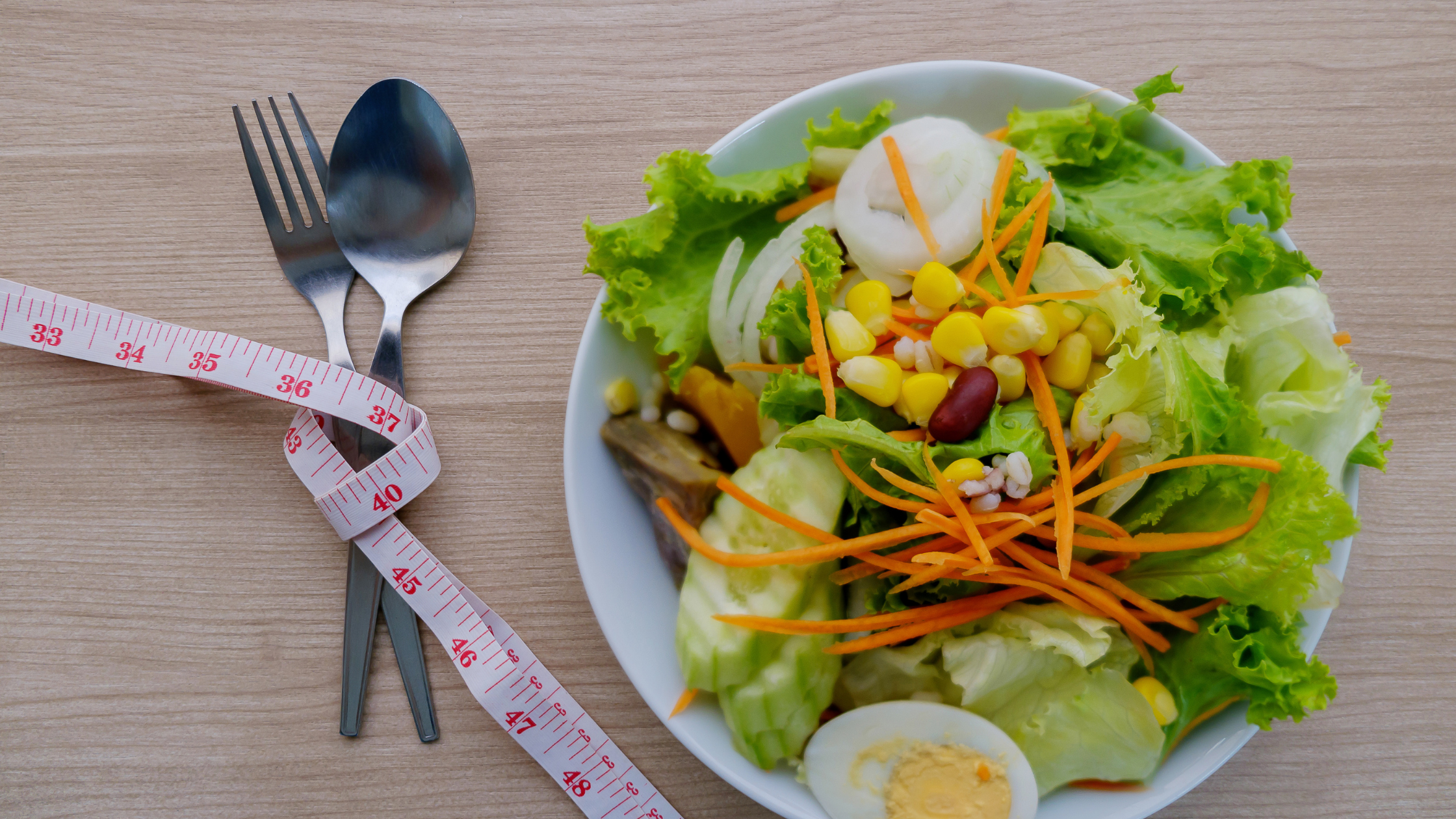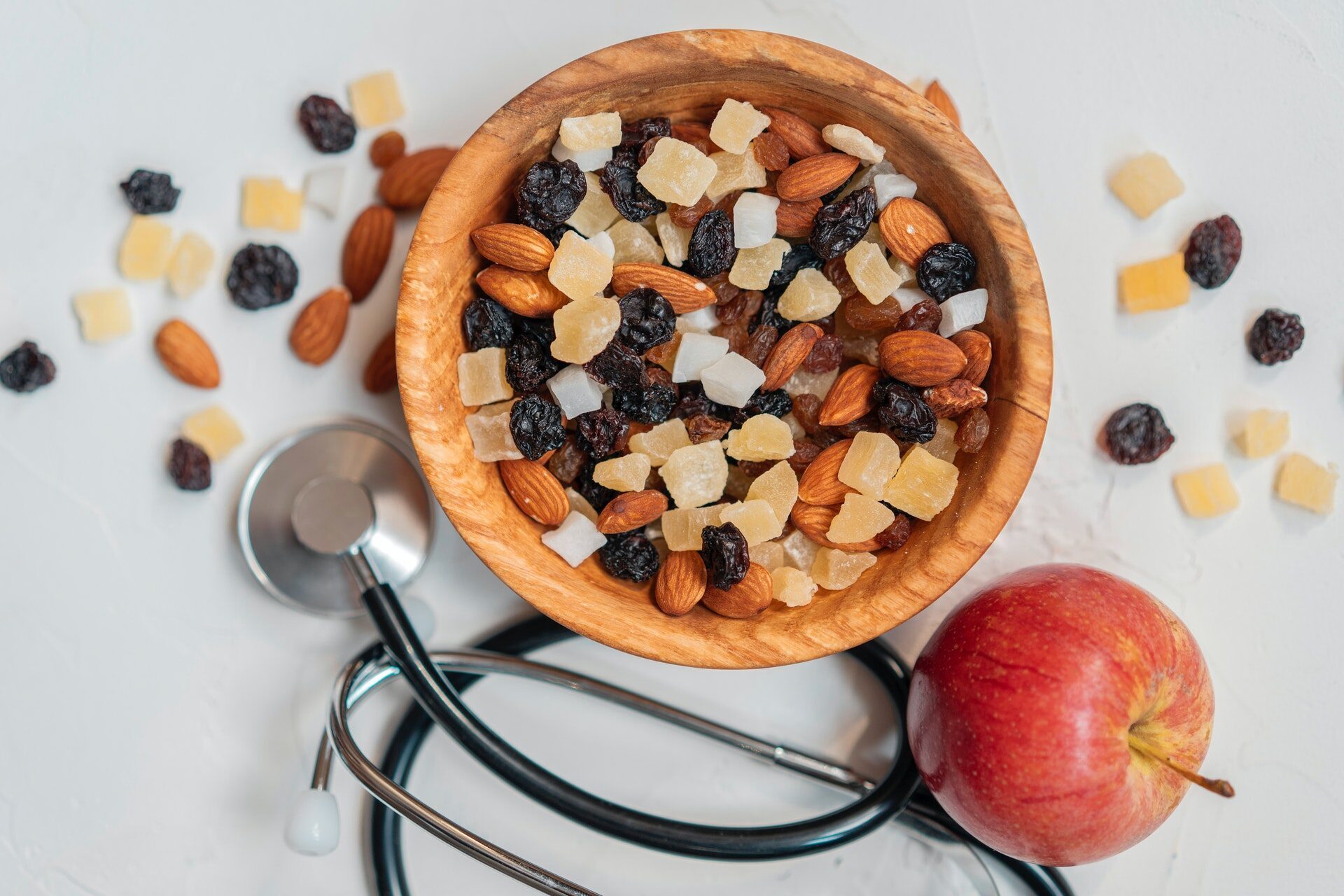Here’s a typical dialogue that I have with clients regarding food and weight control.
Client: “I’m not eating anything, but I’m gaining weight!”
Me: “Oh, ok! Let’s talk a little more about what you are eating.
Let’s start with breakfast.
What do you eat for breakfast?”
Client: “I never eat breakfast.”
Me: “Well, when do you usually eat your first meal?”
Client: “Around noon.”
Me: “Great! That’s when you break your fast, so that’s breakfast.
Client: “Oh really?!”
Me: “Yes, your first meal of the day is your breakfast!
What do you usually eat at noon or for breakfast?”
Client: “I don’t eat any food.”
Me: “What do you eat, if you don’t mind sharing?”
Client: “Of course, I don’t mind at all…I eat about two bananas, two oranges and drink water.”
Me: “That’s very healthy. Fruits are food because they contain calories, which is the measure of energy.”
Client: “Really!? I didn’t consider it that way.”
Me: “What else do you eat during the day?”
Client: “I eat dinner around 7 pm.”
Me: “What do you usually eat for dinner?”
Client: “A small portion of rice with meat and juice.”
Me: “Do you eat anything else before 7 pm?
Client: “No”
Me: No snacks, no nuts, etc.? Do you only drink water during that time?”
Client: “Well…sometimes I may eat one cookie here, just a handful of nuts there.
I may eat one or two chocolate candy bars to satisfy my sweet tooth.
I don’t drink soda; I only drink juice to make sure I stay healthy.”
The conversation above is a typical weight-loss client discussion. I can’t recall the number of times I find that clients do not know what food is. We sometimes believe that some things qualify as food while others do not. Knowing what food is will help you see results in your weight control or management journey.
What is food, and why is it essential in achieving weight loss results?
To help us understand what food is, let’s look at the definition.
According to the Merriam-Webster English dictionary, “any material consisting of protein, carbohydrate, and fat used in the body of an organism to sustain growth, repair, and vital processes and to furnish energy is considered food.”
There are other scientific definitions out there, but let’s go with this definition for now.
Using the above definition, you can say some of us may be overeating without realizing it, but our body knows what food is, whether we believe it’s food or not. It’s also possible that we may think we are not eating much even if we are, and as a result, we may not lose weight.
Research shows that over 38% of adults overeat. It’s because our body, even at rest, will take the energy or food we give it, use it to operate our vital organs, and store the rest. If you give your body more than it needs for these basal activities and planned physical activities, you will not lose weight. Instead, your body will take the rest of the food or energy, store it, and use it during times of a calorie deficit.
So back to our original question, what is food?
Anything that contains a measure of energy, aka calories, is considered food. So, learning a little more about the number of calories in the items we eat or drink outside of water would help us know if we are giving our body too much or enough to achieve our weight loss or maintenance goals.
Common misconceptions about food and weight loss
Breakfast misconceptions
If you eat two fingers of banana and oranges in the morning, that is breakfast. The two bananas and oranges may contain between 300 to 600 calories, depending on their sizes. It doesn’t matter if it’s in the morning or later in the afternoon. Whatever your first meal is, that’s your breakfast.
Misconceptions about Nuts
Nuts are very healthy, but at the same time, the number of calories per serving may range from 130 to 230, depending on the kind. All nut lovers know that we never eat just one serving once we start. So while it’s healthy, you still need to pay attention to how much you are eating daily to ensure that you are not overeating.
Misconceptions about drinking fruit juices
Juice! The misconception is that fruits are good, so store-bought fruit juices are as good. Fruits are healthy, but unless you squeeze the juice from the fruit yourself, the probability that it has added sugar and other preservatives is high.
Even if it’s freshly squeezed, you still have to remember it has calories, so it is food. That means you need to ensure that you are tracking that as part of your daily food intake.
Final thoughts on food and weight control
Food plays a vital role in our ability to achieve weight loss results. That’s why one of the first conversations with my clients is on food awareness. We have to be aware of everything we put in our bodies when trying to lose or control our weight.
With increased awareness of food, we can always be sure of why we are not seeing the results we are looking for in our weight loss journey. Or even better, we can give our bodies just what it needs so that it will work a little more with our excess energy storage to provide us with the results we need.






Leave a Reply